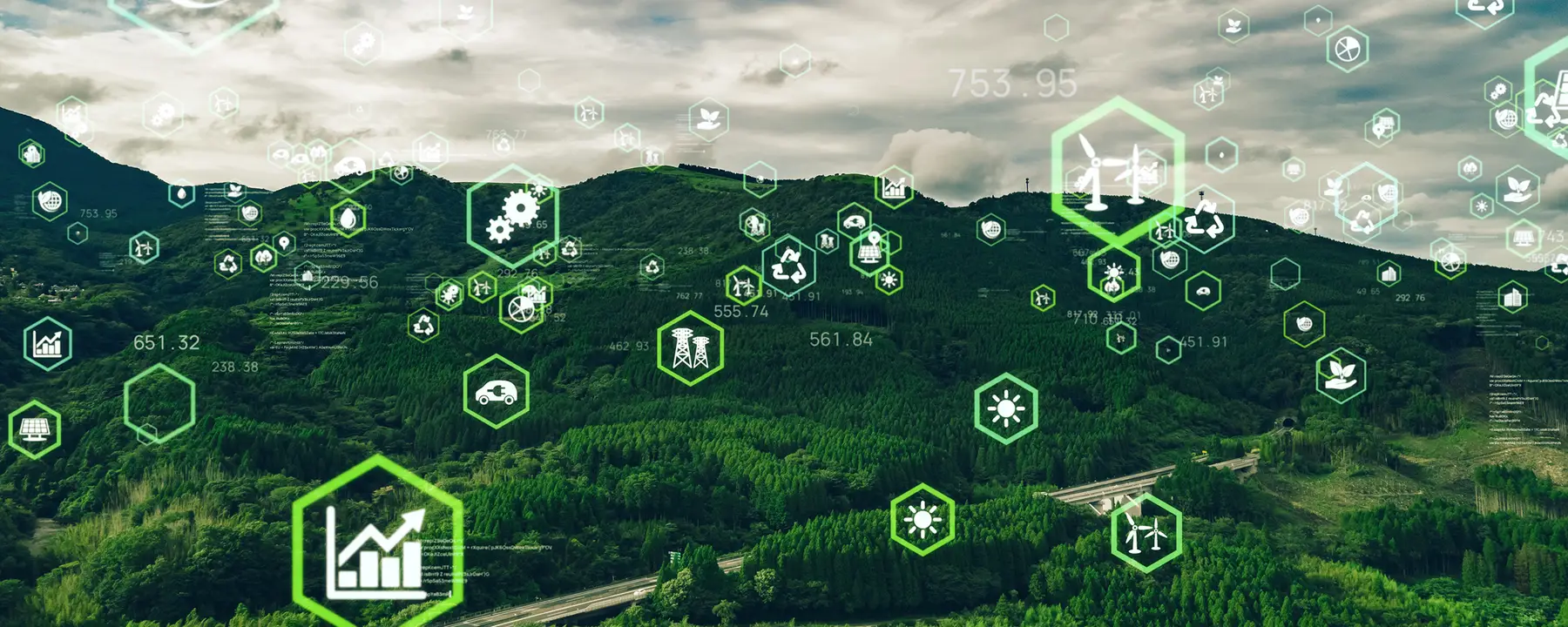ISO 14072 Carbon Accounting in Environmental Models Test
The ISO 14072 standard is a globally recognized framework designed to ensure the accuracy, relevance, and integrity of carbon accounting methodologies used in environmental models. This service focuses on testing these methodologies to ensure they meet international standards and are fit for purpose within various environmental modeling applications.
Carbon accounting is crucial as it helps organizations understand their greenhouse gas (GHG) emissions, enabling them to make informed decisions about reducing their carbon footprint and meeting regulatory requirements under frameworks like the Paris Agreement. The ISO 14072 standard provides a structured approach for developing, validating, and verifying GHG inventories.
In environmental modeling, accurate carbon accounting is essential because it ensures that models are based on reliable data, which in turn leads to more precise predictions about future climate change impacts and potential mitigation strategies. This service plays a pivotal role in ensuring that the methodologies used for carbon accounting within these models are robust and can withstand scrutiny.
The testing process involves several key steps: first, we define the scope of the test based on the specific requirements of the client's environmental model. This includes identifying the types of emissions (e.g., direct emissions from operations or indirect emissions through supply chains) that will be accounted for. Next, we conduct a thorough review of the methodology used in the carbon accounting process to ensure it aligns with ISO 14072 standards.
Once the methodology is validated, we proceed to test its accuracy and relevance using real-world data. This involves simulating various scenarios that could impact emissions calculations, such as changes in operational practices or shifts in energy sources. We use advanced statistical techniques and software tools to analyze the output of these simulations and compare them against expected results.
An important aspect of this testing is ensuring compliance with international standards. ISO 14072 provides a framework that includes criteria for the development, validation, verification, and periodic review of GHG inventories. By adhering to these standards, organizations can build credibility and trust with stakeholders, including regulators and the public.
The testing process also involves assessing the robustness of the carbon accounting methodology under different conditions. This includes evaluating how well it performs in various climatic and geographic contexts, as environmental models often need to account for factors such as temperature changes, precipitation patterns, and land use variations.
Another critical component is the periodic review aspect. Environmental models are not static; they evolve over time as new data becomes available and understanding of climate change improves. By regularly reviewing carbon accounting methodologies, organizations can ensure that their models remain accurate and up-to-date.
This service is particularly valuable for companies operating in sectors such as renewable energy, manufacturing, and transportation, where reducing emissions is a key priority. It helps these organizations comply with increasingly stringent environmental regulations while also improving the reliability of their environmental impact assessments.
In conclusion, ISO 14072 carbon accounting testing is essential for ensuring that environmental models are based on accurate and reliable data. By adhering to international standards, organizations can build trust, meet regulatory requirements, and make informed decisions about reducing their carbon footprint.
Benefits
- Ensures compliance with ISO 14072, enhancing credibility and trust with stakeholders.
- Improves the accuracy and reliability of environmental models used for GHG inventories.
- Aids in meeting regulatory requirements and international standards related to carbon accounting.
- Supports organizations in reducing their carbon footprint by providing accurate data for decision-making.
- Increases operational efficiency through the optimization of emissions reduction strategies.
- Promotes sustainable practices by validating methodologies that support long-term environmental goals.
International Acceptance and Recognition
The ISO 14072 standard is widely recognized and accepted across the globe. It has been adopted by numerous countries as part of their national frameworks for managing greenhouse gas emissions. The standard provides a consistent methodology that can be applied universally, ensuring that carbon accounting practices are comparable across different regions.
Organizations around the world use ISO 14072 to demonstrate compliance with international standards and to align their operations with global best practices. This is particularly important for multinational corporations operating in multiple countries, as it ensures a uniform approach to carbon accounting wherever they do business.
The widespread acceptance of ISO 14072 also enhances the reputation of organizations that adopt this standard. By adhering to international standards, companies can build trust with stakeholders, including customers, investors, and regulatory bodies. This can lead to increased market opportunities and better relationships with partners and suppliers.
The standard is particularly relevant in sectors where environmental impact is a key consideration, such as renewable energy, manufacturing, and transportation. In these industries, the ability to accurately account for carbon emissions is critical for meeting sustainability goals and regulatory requirements.
Competitive Advantage and Market Impact
- Better Compliance: Ensuring compliance with ISO standards can reduce legal risks and improve corporate reputation.
- Enhanced Accuracy: Accurate carbon accounting leads to more reliable environmental models, which is crucial for strategic decision-making.
- Innovation: The service encourages the development of new methodologies that are not only compliant but also innovative, providing a competitive edge.
- Sustainability Leadership: Demonstrating leadership in sustainability can attract customers and investors interested in environmentally responsible practices.
- Market Differentiation: Providing a high level of accuracy and reliability in carbon accounting differentiates organizations from competitors who may not meet the same standards.





